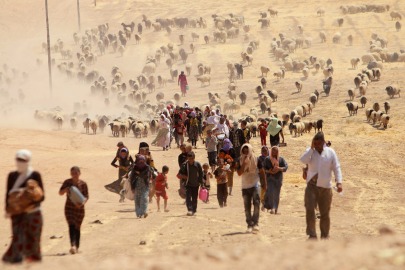By Shriya Maini*
(This is a complete guide to the procedure of filing a refugee claim in UK, USA, South Africa and Canada. Read on to learn how to seek asylum or file a refugee claim in these countries.)
 This memorandum describes the procedure of filing a refugee claim in the United Kingdom (“UK”) and then compares it to the modus operandi of three other countries namely United States of America (“USA”), The Republic of South Africa (“South Africa”) and Canada. It discusses at length, the entire procedure of making a claim for asylum, right from when the first application is made by the asylum seeker until the grant or refusal of refugee status by the concerned authorities, in order to facilitate effective comparison between the abovementioned jurisdictions.
This memorandum describes the procedure of filing a refugee claim in the United Kingdom (“UK”) and then compares it to the modus operandi of three other countries namely United States of America (“USA”), The Republic of South Africa (“South Africa”) and Canada. It discusses at length, the entire procedure of making a claim for asylum, right from when the first application is made by the asylum seeker until the grant or refusal of refugee status by the concerned authorities, in order to facilitate effective comparison between the abovementioned jurisdictions.
